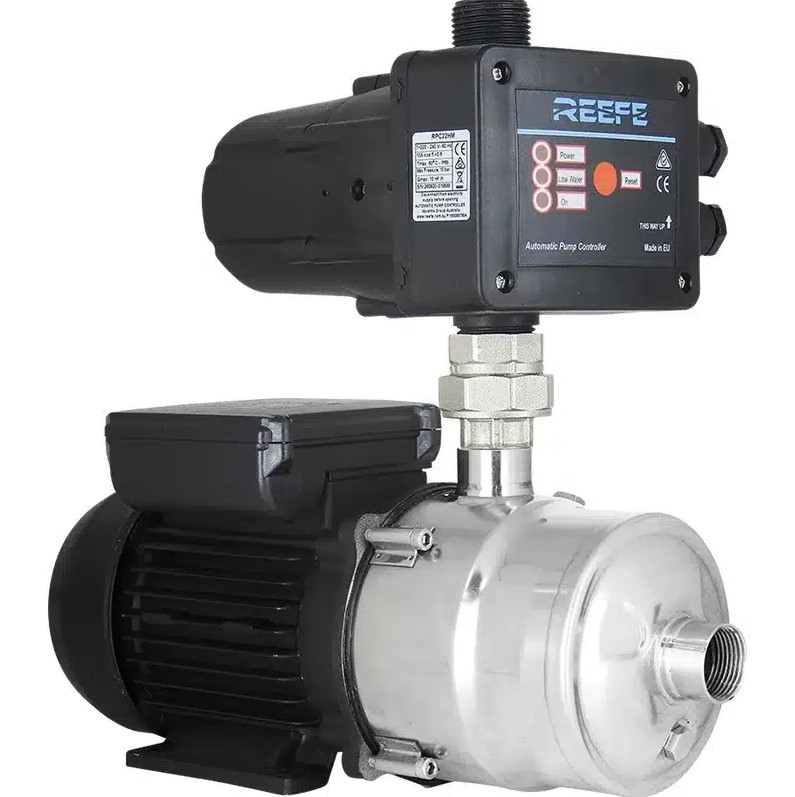Pressure pumps—what a topic, right? At first glance, they may seem like just another cog in the giant industrial machine. But when you stop and think about it, they’re a big deal. In fact, they quietly power some of the most critical operations across countless industries. From getting water to flow when you turn on a tap to moving oil thousands of miles through pipelines, pressure pumps make it all possible.
Let’s talk about how these mighty machines are used in today’s world. I’m going to walk you through ten key industries where pressure pumps play a starring role. Spoiler alert: by the end, you might just see them in a whole new light.
Efficient Water Management ─ Pumping Life into Every Drop
Water. It’s essential for life, and managing it efficiently is vital for industries and communities alike. Pressure pumps are the backbone of modern water management systems, and they do a lot more than you might think.
Supporting Municipal Water Supplies
Imagine a day without water—no showers, no cooking, no clean laundry. Municipal water supply systems depend heavily on pressure pumps to deliver water at consistent pressures to homes, offices, and public spaces. Without them, city life as we know it would grind to a halt.
Agricultural Irrigation
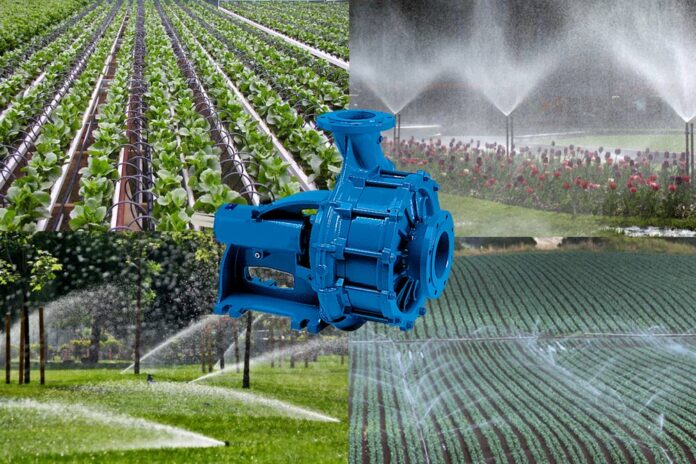
On the other side of the spectrum, farms use pressure pumps to make irrigation systems work. Whether it’s a small farm using sprinklers or a large one with complex drip irrigation networks, these pumps ensure crops get the water they need, even in the driest conditions.
Flood Management and Drainage
Floods can wreak havoc, but pressure pumps are here to save the day. They’re used to drain water from affected areas, helping protect lives and property. From small portable units to massive pump stations, they’re crucial in emergency situations.
Power Generation ─ The Energy Behind Energy
Have you ever wondered how electricity gets to your home? Power plants, whether they run on fossil fuels, nuclear energy, or renewable sources, rely on pressure pumps in ways that might surprise you.
Cooling Systems in Power Plants
Turbines and generators produce an enormous amount of heat. Without proper cooling, they’d overheat and fail. Pressure pumps are responsible for circulating water or other coolants to keep equipment running smoothly.
Steam Generation for Energy
Many power plants use steam to generate electricity. High-pressure pumps help create and maintain the conditions needed to produce steam efficiently, ensuring consistent energy output.
Oil and Gas ─ Fueling the World
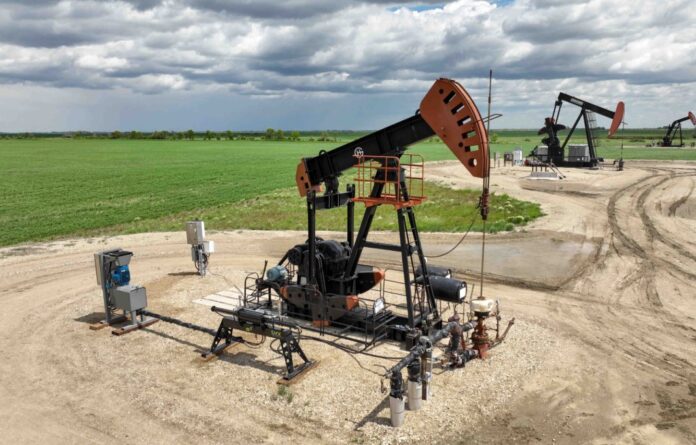
Pressure pumps are a cornerstone of the oil and gas industry. Their ability to handle high pressures and demanding conditions makes them indispensable for extracting, transporting, and refining fossil fuels.
Crude Oil Extraction
Extracting crude oil from deep beneath the Earth’s surface is no small feat. Pumps help lift oil from reservoirs, even under challenging conditions like deep-sea drilling.
Hydraulic Fracturing
Fracking involves injecting fluid into rock formations at high pressures to release trapped gas or oil. Pumps are the driving force behind this process, enabling efficient extraction from previously unreachable reserves.
Pipeline Transport
Transporting oil and gas across vast distances requires powerful pumps to maintain consistent pressure in pipelines. They ensure the fuel arrives safely at its destination, whether that’s a refinery or your local gas station.
Manufacturing ─ The Muscle Behind the Machines
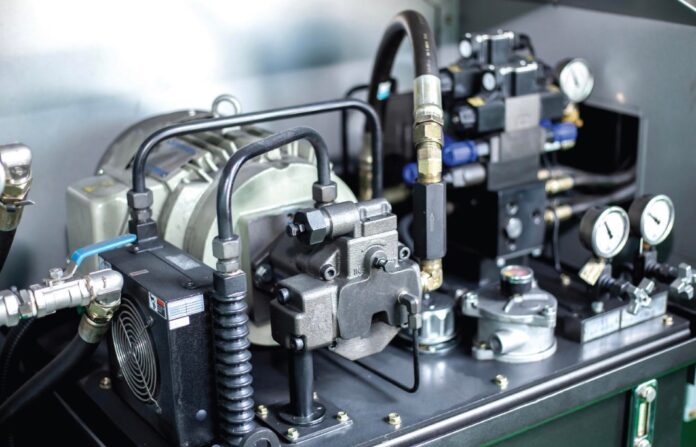
In factories and production facilities, pressure pumps work quietly in the background, powering some of the most critical processes.
Hydraulic Systems
Many manufacturing machines use hydraulic systems to perform tasks like lifting, pressing, and cutting. Pressure pumps provide the force needed to make these systems work.
Cooling and Heating
Manufacturing processes often involve extreme temperatures. Pumps help regulate cooling and heating systems, protecting equipment and maintaining product quality.
Chemical Processing
In chemical plants, pumps mix and transport raw materials to create everything from plastics to pharmaceuticals. Precision and reliability are key, and pressure pumps deliver both.
Clean Water ─ From Filtration to Reverse Osmosis
Water treatment is one area where pressure pumps truly shine. They’re a key part of processes that ensure we have clean, safe water to drink and use.
Filtration Systems
Filtering impurities out of water requires pumps that can maintain steady flow and pressure. They’re used in residential, commercial, and industrial filtration setups.
Reverse Osmosis
This process, which removes contaminants by pushing water through a semi-permeable membrane, relies entirely on high-pressure pumps. It’s widely used for desalination and producing ultra-pure water.
If you’re on the hunt to buy pressure pumps in Australia, Streamline Pump Solutions is a great place to start. They offer a wide range of pumps to suit different needs, from residential setups to heavy-duty industrial applications.
Construction ─ Lifting the World, One Building at a Time
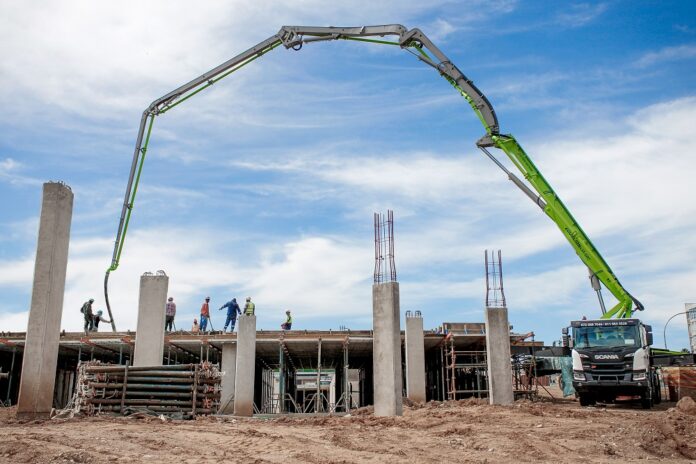
Ever seen a construction site without equipment running? That’s what it would look like without pressure pumps. They’re integral to making construction projects efficient and safe.
Concrete Mixing and Placement
Construction crews use pumps to deliver water for mixing concrete and then to pump the mixture to hard-to-reach areas. This saves time and effort on large-scale projects.
Dewatering Excavation Sites
Before building anything below ground, water needs to be removed from the site. Dewatering pumps clear out excess water, ensuring safe and stable conditions for construction.
Equipment Cleaning
Dust and debris are unavoidable on construction sites. Pressure pumps power cleaning systems that keep equipment and machinery in working order.
Food and Beverage ─ Bringing Flavor to the Table
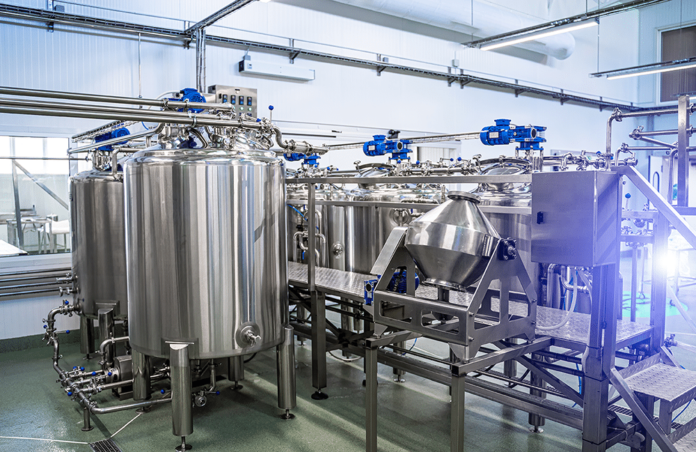
In the food and beverage industry, hygiene and precision are everything. Pressure pumps play a crucial role in making sure products are safe and consistent.
Maintaining Hygiene Standards
Sanitation is a top priority in food production. High-pressure pumps power cleaning systems that sterilize equipment and facilities, preventing contamination.
Liquid Handling
From mixing syrups for soft drinks to filling bottles with milk or juice, pressure pumps handle liquids with precision. They ensure consistent flow and accurate measurements.
Refrigeration and Cooling
Food storage and processing often require specific temperature controls. Pumps are used in refrigeration systems to maintain the right conditions for perishable items.
Pharmaceuticals ─ Precision and Purity
Pharmaceutical manufacturing demands high levels of accuracy, and pressure pumps deliver.
Sterilization
Equipment and facilities must be sterilized to meet strict regulations. Pumps power cleaning systems that ensure everything is free from contaminants.
Supporting Production Processes
From mixing active ingredients to packaging liquid medications, pumps are vital to nearly every step in pharmaceutical production.
Waste Management
The industry generates wastewater that must be treated before disposal. Pressure pumps help manage this process, ensuring compliance with environmental standards.
HVAC Systems ─ Keeping Us Comfortable

Heating, ventilation, and air conditioning systems wouldn’t function without pressure pumps. They’re responsible for:
- Circulating water in boilers and chillers.
- Regulating flow in radiant heating systems.
- Ensuring consistent temperature control in homes, offices, and industrial spaces.
Their role might be behind the scenes, but they make life far more comfortable for everyone.
Fire Protection ─ A Critical Lifeline
Fire protection systems in buildings and industrial facilities depend on reliable pressure pumps. In emergencies, they spring into action, supplying water to sprinklers and fire hoses.
Sprinkler Systems
In buildings with fire sprinkler systems, pumps ensure water reaches every corner at the right pressure.
Emergency Firefighting
Firefighters rely on portable pressure pumps to draw water from lakes, rivers, or hydrants when tackling fires in remote areas.
Final Thoughts
Pressure pumps might not be the flashiest part of industrial operations, but their importance can’t be overstated. They keep water flowing, factories running, and fires under control. From agriculture to pharmaceuticals, their applications are as varied as the industries they support.
Thanks for sticking with me through this exploration—pressure pumps may be behind the scenes, but they’re at the heart of modern industry. What other uses do you think they have? Let’s talk!

